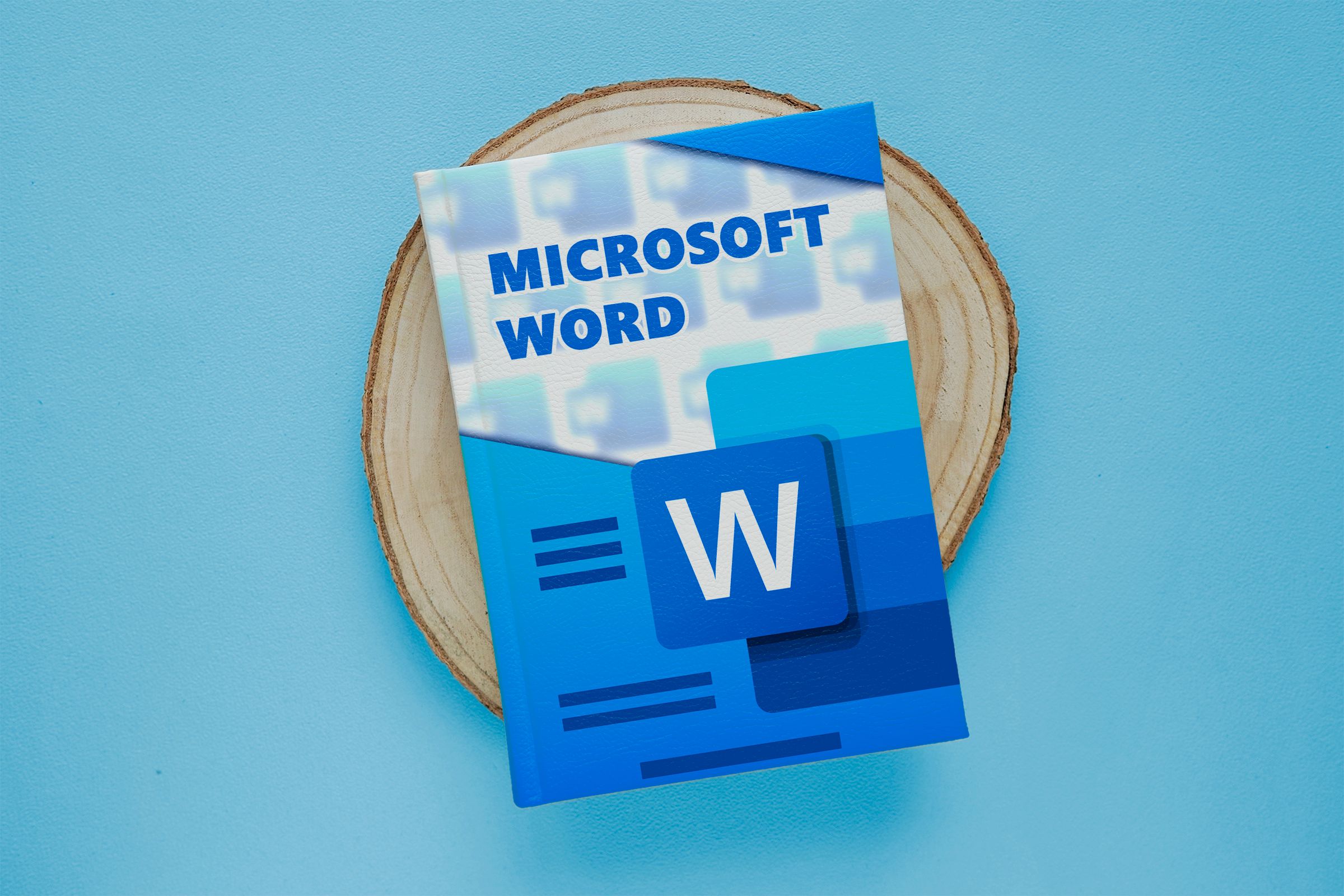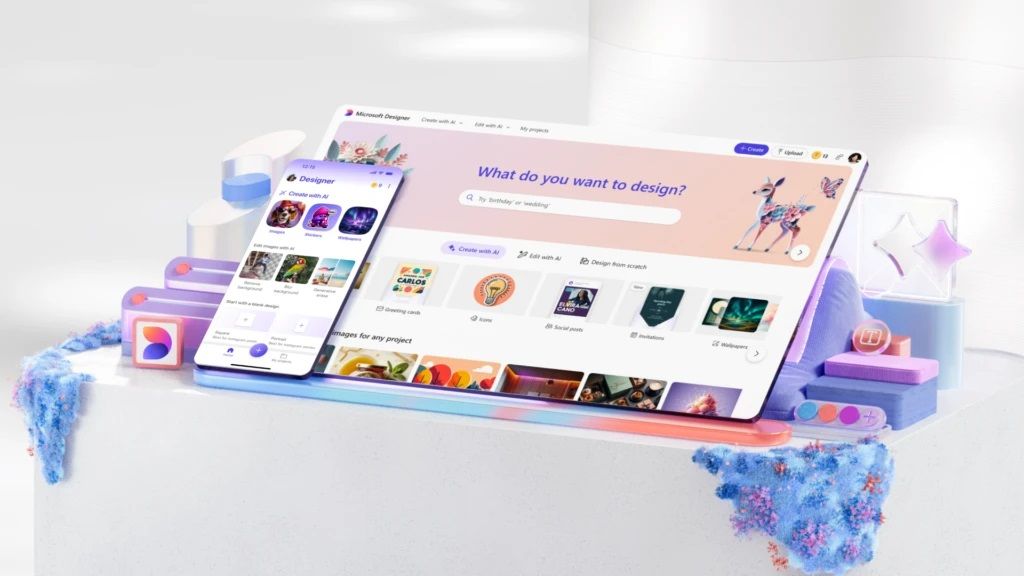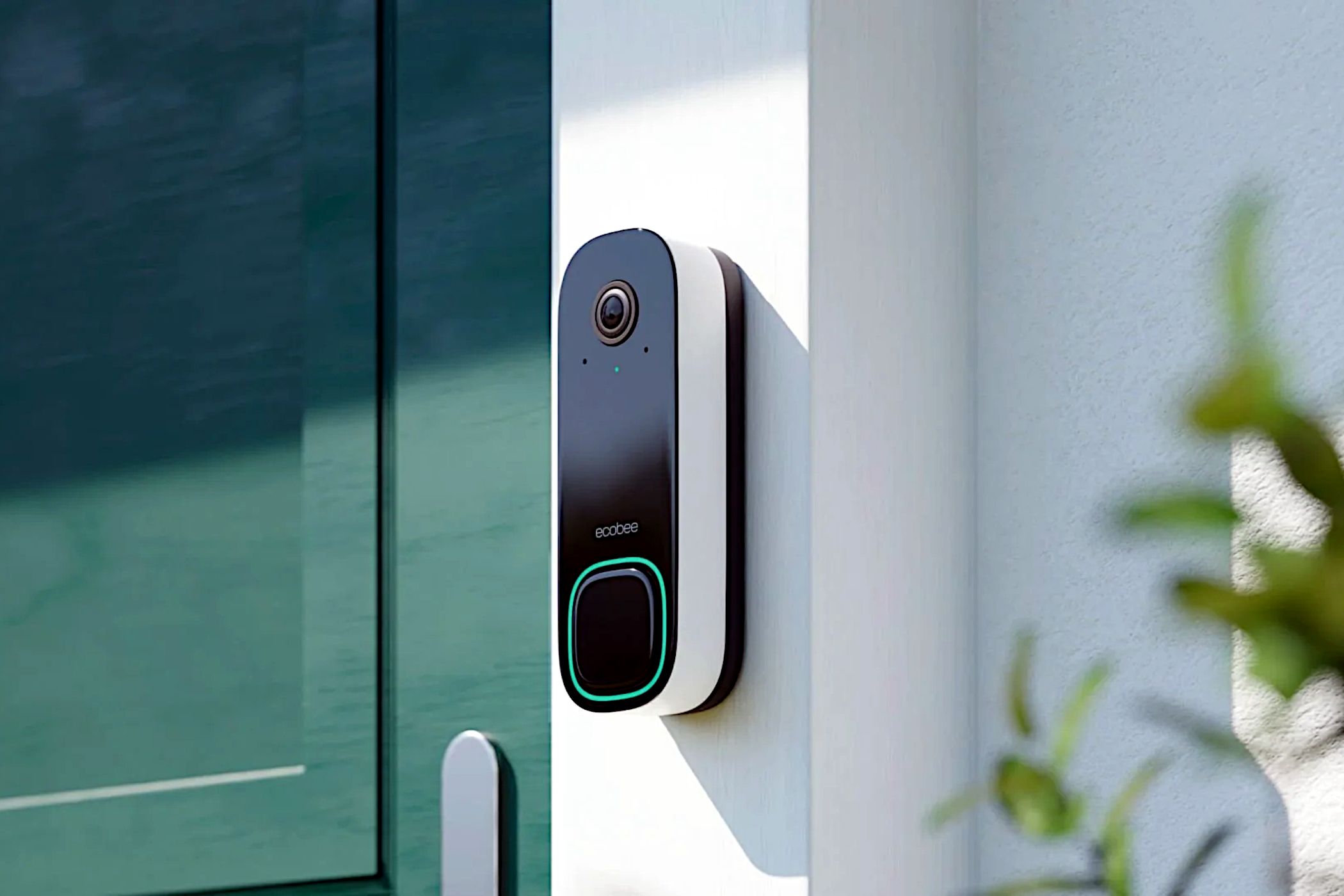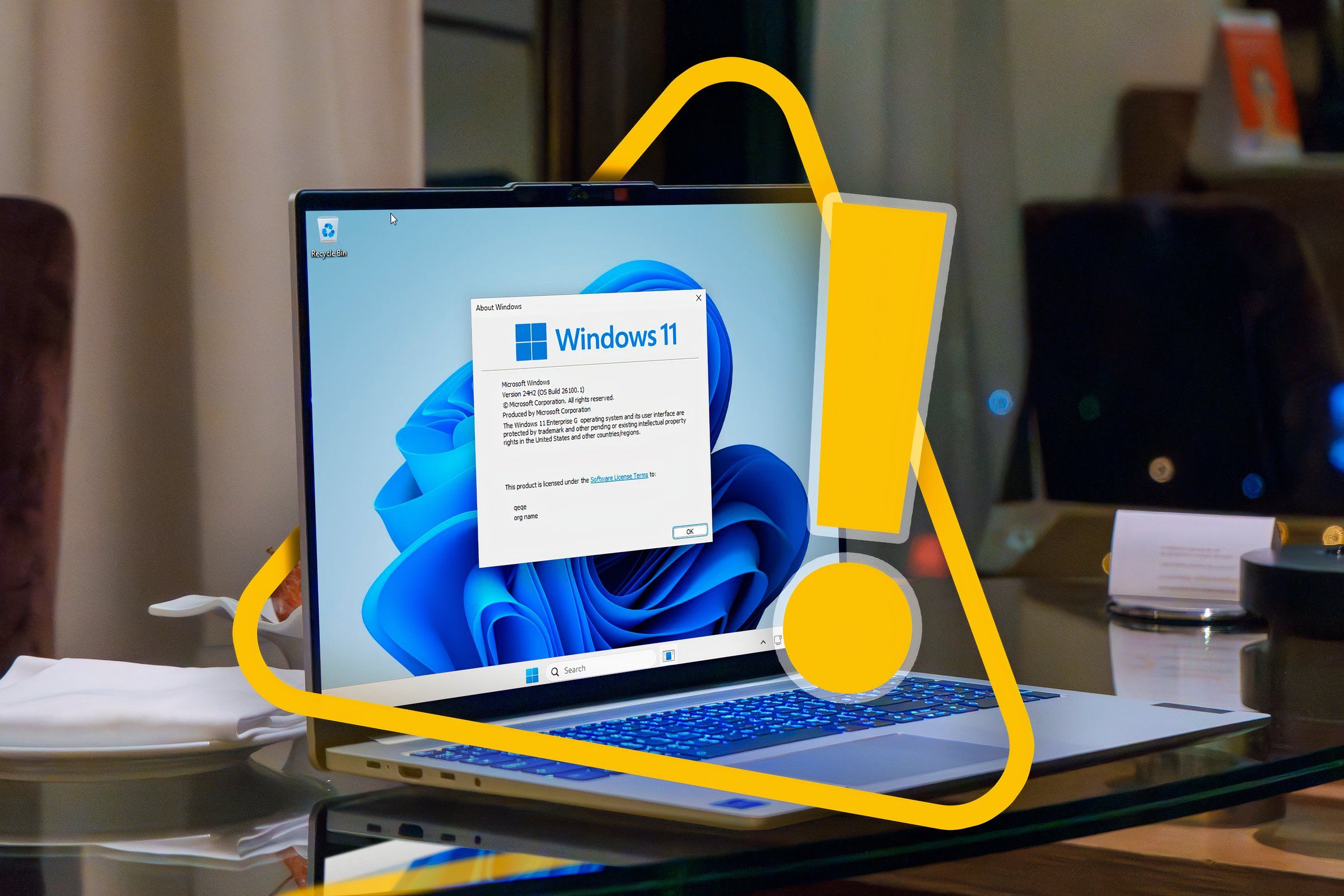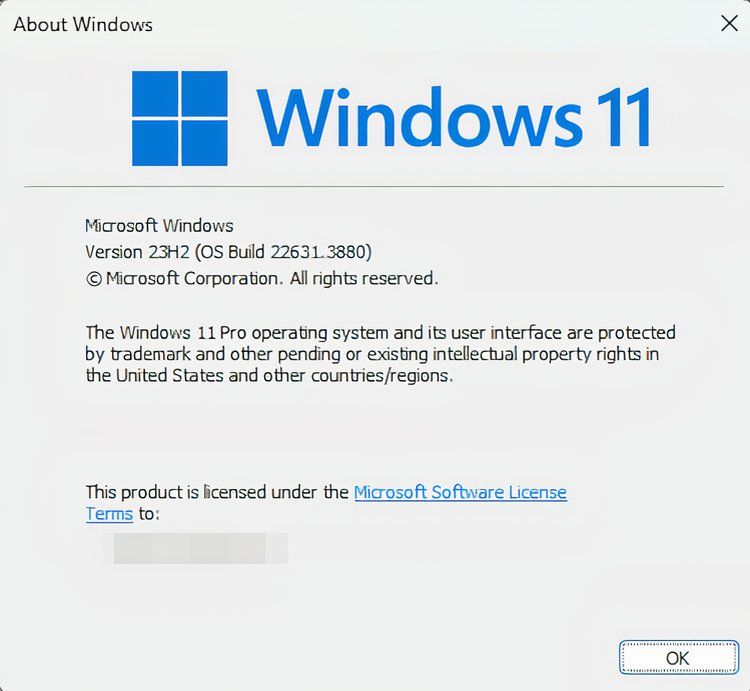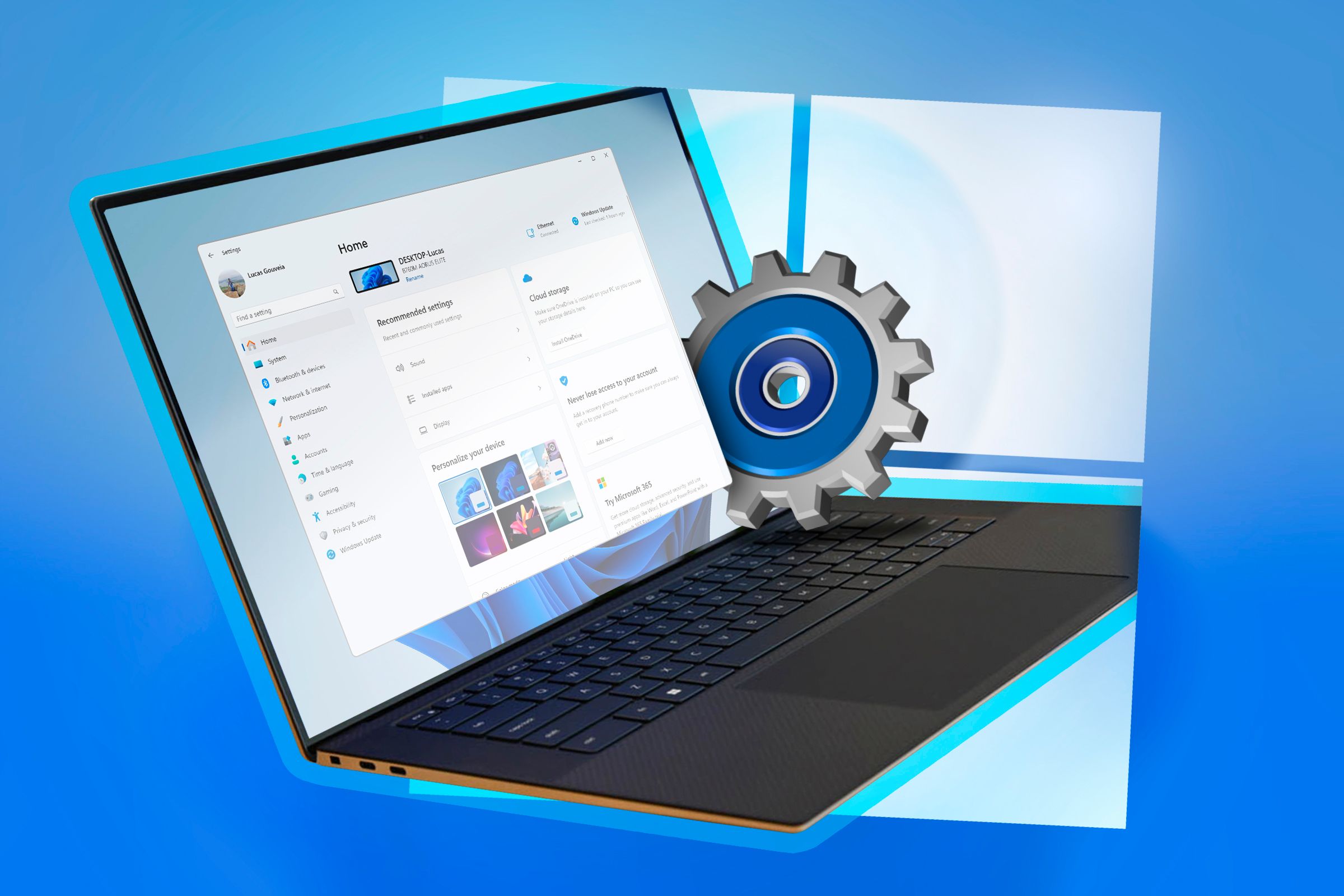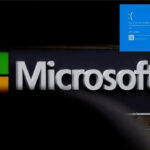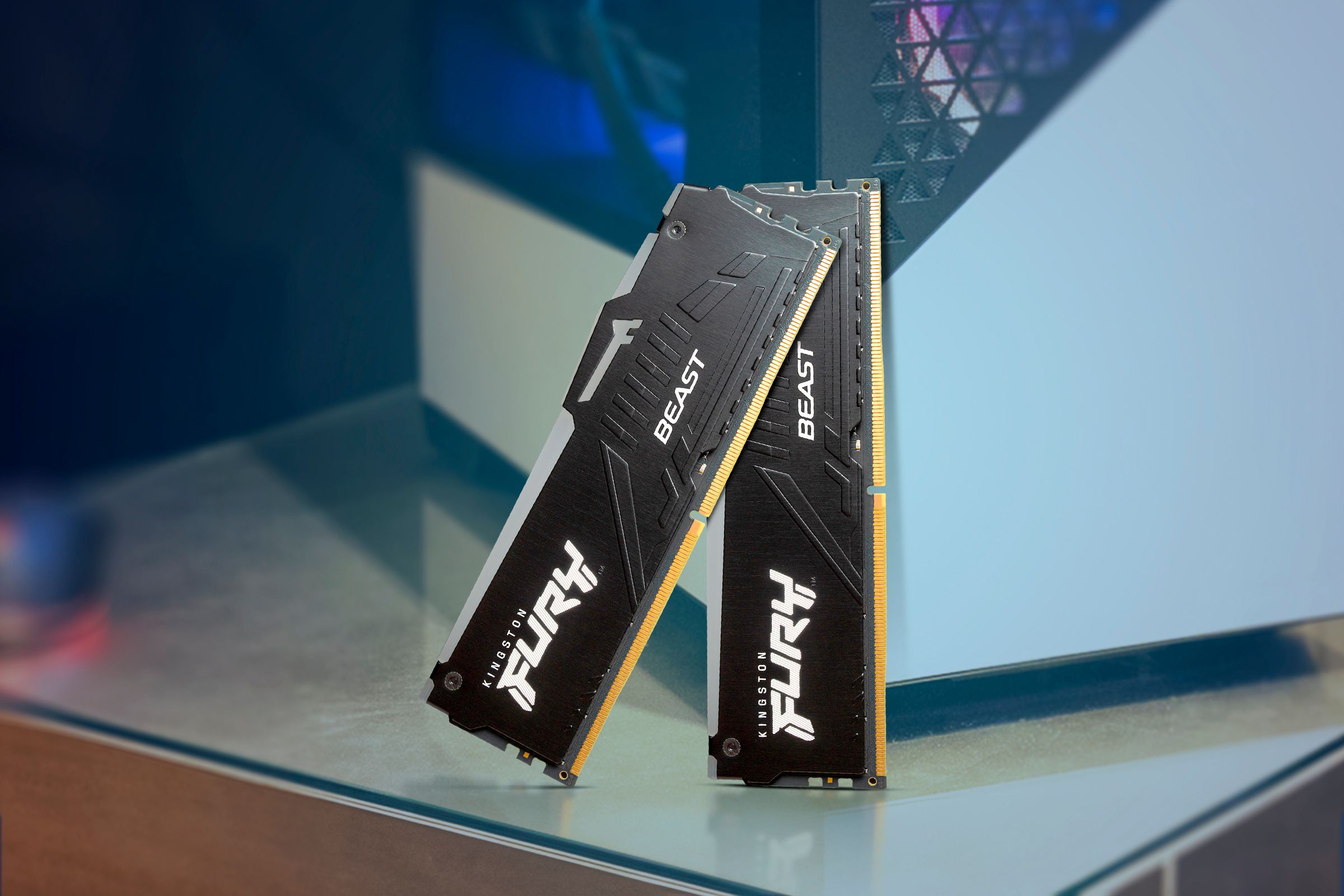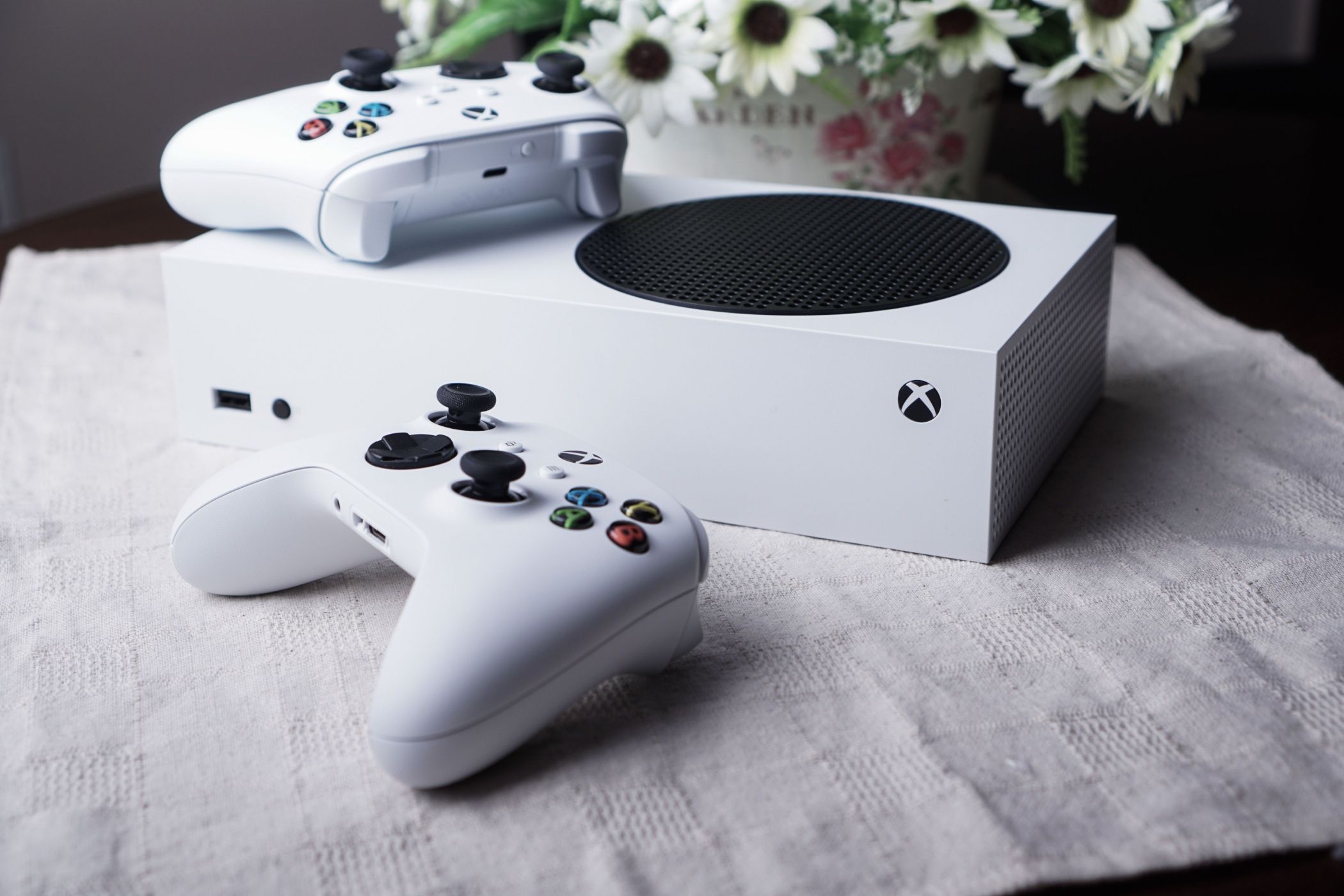What is Windows 11 “Government Edition” And Why Should You Avoid It?
Windows 11
Quick Links
-
What is the Windows 11 Government Edition?
-
A Risky Can Of Worms That No One Should Open
-
So, What Can A Fed-Up User Do?
-
Where You Get Your Software Matters
-
Don’t Fall For The Hype
Windows 11 has a lot of things we don’t want in it, from telemetry to ads. However, the “Government Edition” proposes to remove all that and leave a bloat-free Windows 11 experience. Unfortunately, if it sounds too good to be true, it probably is.
What is the Windows 11 Government Edition?
The “Government Edition” Windows 11 is not really made by Microsoft, nor was it licensed by the Chinese Government, as some have alleged. The ISO actually comes from a team working on a project called Enterprise G Reconstruction. It’s a step-by-step guide on how to rebuild Windows, leaving out features like telemetry and Edge.
There are significant upsides to doing this, including having a much smaller and more efficient operating system.
This “Government Edition” was downloaded from a publicly available Google Drive, and when installed, it seemed to be just what it said it would be. Users who installed the operating system reported that it didn’t have anything they expected to find on a standard Windows machine. That included core apps like Edge, which users can’t usually remove from a standard Windows installation since they form part of the operating system’s core.
The downsides, however, are enormous. You won’t be able to register Windows 11, and you won’t get updates for it either. It’s essentially a pirated version of Windows that strips away the core of the operating system, including all the things that Microsoft considers important security measures.
You shouldn’t install pirated software on your machine—it’s illegal and risks compromising the device. The lack of Windows Defender opens a window before the user can install antivirus software that malicious software can potentially exploit.
A Risky Can Of Worms That No One Should Open
One of the biggest issues with unofficial software is that you don’t know what’s inside. “Slipstreaming” is a term for including a set of necessary updates in an installation disc. Older versions of Windows had “slipstreamed” ISOs distributed from unofficial sources. Some of them even accessed Microsoft’s update servers to keep themselves up to date.
When “Government Edition” launched, many speculated that it was probably another slipstream edition. The lack of telemetry and bloat made it seem as though it was a slipstreamed version built by Microsoft themselves. The company never actually came out to confirm or deny it, fueling the rumors and making people think that this wasn’t such a bad deal.
Among the missing parts of Windows 11 was a distinct lack of Windows Security. Users upgrading to Windows 11 could still scan their hard drives with Windows Defender, but since Defender wasn’t a part of the “Government Edition” OS, there was nothing standing in the way of malicious software.
Security issues aside, using an ISO downloaded from a public Google Drive is already risky. With no official word from Microsoft about this “Government Edition,” users should have defaulted to leaving it alone.
Windows 11 has been facing a lot of flak recently. Microsoft initially made it difficult to install the OS without a linked Microsoft account (although you can get around that for the time being). The company has been pushing boundaries, including the unpopular Recall system that was graciously put on hold. When offered the option of a bloat-free, clean operating system, many users jumped at the chance for a streamlined, bloat-free Windows install. Much to their detriment.
So, What Can A Fed-Up User Do?
If you’re like me and aren’t impressed with the upgrade from Windows 10 to Windows 11, the “Government Edition” seems like a good idea. If it were something that wasn’t so risky, I might even consider it. However, there are some options that users who don’t want to risk infecting their system can opt for to debloat Windows 11 instead.
Keep in mind that debloating Windows
may
break features, cause unpredictable behavior, or even break your operating system. You should exercise caution if you decide to do it, and always make sure you have backups of important files and saved passwords.
- O&O AppBuster: This app allows you to uninstall a lot of the bloatware that comes with Windows. It even provides a list of apps you can choose from.
- Tiny 11 Builder: PowerShell scripts that help you to customize your Windows 11 by removing unwanted components to give you a more streamlined feel.
If you’re okay with the apps, you could remove temporary files and disable some of Windows’s optional features. These would help make your Windows installation a little more responsive without installing a questionable ISO.
Where You Get Your Software Matters
Officially licensed software offers more to users than just free updates. Installing an official operating system on your machine ensures that you don’t have to worry about someone sneaking in unauthorized software during your installation. With the amount of malware out there, you should be careful about what you put on your system.
Even if something like Windows Streamlined Edition (maybe) were to get produced, chances are that Microsoft wouldn’t have anything to do with it. Windows ships with its core systems because the company believes that all of those systems are necessary to its goals. They wouldn’t strip down an operating system to barebones like this for anyone, not even the Chinese Government.
Don’t Fall For The Hype
At the start of this whole “Government Edition” hype, I was considering installing the operating system and trying it out. I even went digging to see if I could find the ISO. It was a good thing that I didn’t. If I had known that the whole “Government Edition” thing was a hoax, I would have unnecessarily endangered my PC and my files.
If something seems too good to be true, it probably is. It doesn’t matter if it’s something you really want.









